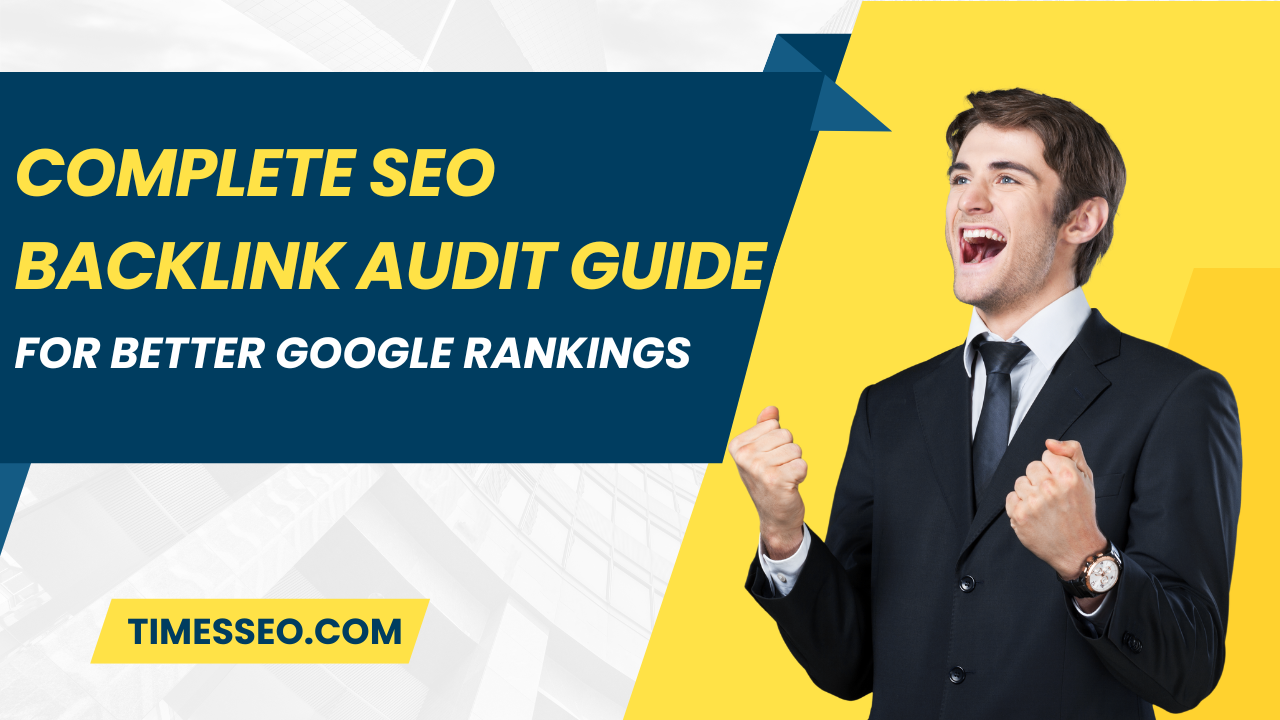
How to Do Competitor Backlink Gap Analysis Like a Pro
Learn how to perform competitor backlink gap analysis like a pro with this comprehensive guide. Discover how to uncover hidden backlink opportunities by analyzing your competitors’ link profiles, identify high-authority domains linking to them (but not you), and create a winning strategy to boost your SEO rankings and organic traffic. Perfect for marketers, bloggers, and SEO enthusiasts aiming to stay ahead of the competition.
Table of Contents
Introduction
In the SEO battlefield, links are currency—and you want as many quality ones as possible. But how do you find the links your site should have but doesn’t? That’s where Competitor Backlink Gap Analysis comes in. It’s not just about spying on competitors—it’s about spotting golden opportunities they’ve already uncovered and using them to your advantage.
Understanding Backlinks
What Are Backlinks?


Backlinks are just links pointing to other websites. They act like votes of confidence, signaling to search engines that your content is credible, valuable, and worth ranking.
Dofollow vs Nofollow
Dofollow: Passes link equity, boosts rankings.
Nofollow: Doesn’t pass SEO juice, but can still bring traffic and visibility.
It’s All About Quality
One link from Forbes is worth more than a hundred from spammy blog networks. Quality, relevance, and authority matter more than quantity.
What Is a Competitor Backlink Gap Analysis?
It’s the process of identifying the backlinks your competitors have that your site doesn’t. These are opportunities you’re missing—and now you’ll know exactly where to aim your efforts.
Why It’s a Game-Changer
- Reveals proven link sources
- Saves time compared to blind outreach
- Helps you outperform competition with smarter strategies
Choosing the Right Competitors
Not every brand in your niche is your true SEO rival.
How to Identify the Right Ones
- Search your top keywords and note the ranking domains
- Use tools like SEMrush or Ahrefs to see who’s outranking you
Focus on:
- Similar content types
- Comparable domain authority
- Sites ranking for your target keywords
Tools You Need for Backlink Gap Analysis
Here’s your toolbox:
Ahrefs – Best for in-depth backlink comparisons
SEMrush – Easy-to-read backlink gap reports
Moz Link Explorer – Great for domain authority checks
Ubersuggest – Budget-friendly for basic link insights
Google Search Console: Find out who has linked to you already
Step-by-Step Process of Competitor Backlink Gap Analysis
Step 1: Identify Your Top Competitors
Search for 3–5 keywords you’re targeting. Who ranks above you? These are your competitors.
Pro Tip: Pick competitors with solid backlink profiles—not just similar content.
Step 2: Gather Their Backlink Profiles
Use Ahrefs or SEMrush:
- Plug in competitor domains
- Export their backlink list
- Focus on Referring Domains, Anchor Text, and DR
Step 3: Run the Gap Analysis
Now compare:
- Competitor A has 500 referring domains
- You have 120
- Find out the 380 domains linking to them but not you
Ahrefs’ “Link Intersect” tool does this beautifully.
Step 4: Qualify the Link Opportunities
Not all links are created equal.
Ask:
- Is the domain high-authority?
- Is the content topically relevant?
- Is the link placed naturally?
Filter out:
- Spammy forums
- Irrelevant blog comments
- Foreign language sites (unless relevant)
Step 5: Create a Link-Building Action Plan
Now that you know where to get links, focus on how to get them.
Outreach: Make a pitch to the domain owner about your value proposition or content.
Content Creation: Build better content than what your competitor linked to.
Guest Posts: Offer high-value guest articles on those domains.
Broken Link Replacement: Offer your content as a replacement for dead links.
Common Mistakes to Avoid
Copying mindlessly: It’s not always worthwhile to follow a competitor’s link just because they have it.
Ignoring niche relevance: Relevance trumps raw DA.
Overlooking relationship building: SEO is part technical, part social.
Tips to Maximize Backlink Opportunities
Stay consistent – Run backlink gap audits every 3 months
Update your content – Make sure it’s always link-worthy
Utilize HARO to reply to reporters and provide citations for your work.
Measuring the Impact of Backlink Gap Analysis
Track these KPIs:
Number of new quality backlinks
Growth in referring domains
Increase in organic traffic
Better keyword rankings
Tools: Ahrefs, Google Analytics, Moz
Real-World Examples
Startup SaaS Brand: Increased DR from 18 to 54 in 6 months by targeting gaps in top 3 competitors.
Niche Blog: Earned 200+ backlinks by recreating broken links found in competitor audits.
E-Commerce Store: Doubled organic traffic in 90 days using a mix of gap analysis and Skyscraper content.
Conclusion
Competitor Backlink Gap Analysis isn’t just another SEO buzzword—it’s a practical, proven strategy to find untapped link-building opportunities that can catapult your site past the competition. By consistently analyzing what your rivals are doing (and doing it better), you position your site for long-term growth, visibility, and authority.
Frequently Asked Questions
At least once every quarter or whenever your rankings plateau.
Partially. Tools like Ahrefs and SEMrush can automate the comparison, but manual vetting is still essential.
Sometimes—especially if they come from high-authority or traffic-driving domains.
Ubersuggest or SEMrush offer beginner-friendly interfaces and tutorials.
Craft a personalized pitch, highlight your value, and don’t beg—offer something useful or better.
Table of Contents
Popular Posts
-
 Affordable Technical SEO Audit for Small Business: A Complete Guide26 Jun 2025 Blog
Affordable Technical SEO Audit for Small Business: A Complete Guide26 Jun 2025 Blog -
 How to Get an Affordable Technical SEO Audit for Small Business27 Jun 2025 Blog
How to Get an Affordable Technical SEO Audit for Small Business27 Jun 2025 Blog -
 The Ultimate Local SEO Audit Checklist for Startups28 Jun 2025 Blog
The Ultimate Local SEO Audit Checklist for Startups28 Jun 2025 Blog -
 Local SEO Audit Checklist for Startups: A Beginner’s Guide28 Jun 2025 Blog
Local SEO Audit Checklist for Startups: A Beginner’s Guide28 Jun 2025 Blog -
 Top On-Page SEO Audit Steps for Service Websites Every Business Should Know29 Jun 2025 Blog
Top On-Page SEO Audit Steps for Service Websites Every Business Should Know29 Jun 2025 Blog -
 Technical SEO for WordPress: The Ultimate Beginner’s Guide01 Jul 2025 Blog
Technical SEO for WordPress: The Ultimate Beginner’s Guide01 Jul 2025 Blog -
 The Impact of On-Page SEO Audit Steps for Service Websites on UX01 Jul 2025 Blog
The Impact of On-Page SEO Audit Steps for Service Websites on UX01 Jul 2025 Blog -
 Technical Mobile SEO Audit Tips for Developers02 Jul 2025 Blog
Technical Mobile SEO Audit Tips for Developers02 Jul 2025 Blog -
 Complete SEO Backlink Audit Guide for Better Google Rankings03 Jul 2025 Blog
Complete SEO Backlink Audit Guide for Better Google Rankings03 Jul 2025 Blog -
 Boost Your Rankings with Technical SEO for WordPress01 Jul 2025 Blog
Boost Your Rankings with Technical SEO for WordPress01 Jul 2025 Blog




